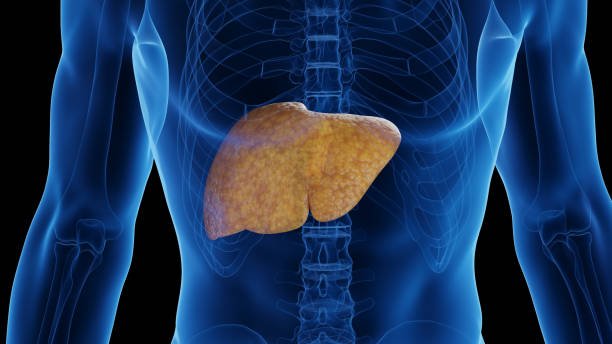At-Home Liver Tests: A Comprehensive Guide
 Written By
Zia Ashraf
Written By
Zia Ashraf

Maintaining optimal liver health is crucial for overall well-being, and with the advent of at-home liver tests, individuals can now take proactive steps to monitor their liver function conveniently. In this comprehensive guide, we'll explore the significance of liver health, the evolution of at-home health tests, key components of at-home liver tests, and how to interpret test results effectively.
Understanding the Importance of Liver Health
The liver is a vital organ responsible for numerous essential functions, including detoxification, metabolism, and bile production. Poor liver health can lead to various health issues, including liver disease, jaundice, and liver failure. Monitoring liver health regularly is essential for early detection and prevention of liver conditions.
See related: Ribbon Checkup Accuracy
The Evolution of At-Home Health Tests

Advancements in technology have revolutionized healthcare, making it more accessible and convenient for individuals to monitor their health from the comfort of their homes. At-home health tests have evolved significantly, offering accurate results and empowering individuals to take control of their well-being.
Key Components of At-Home Liver Tests
At-home liver tests typically measure key biomarkers indicative of liver function, including alanine aminotransferase (ALT), aspartate aminotransferase (AST), bilirubin, and albumin levels. These biomarkers provide valuable insights into liver health and can help identify abnormalities or potential liver conditions.
Learn more about specific markers like SGPT.
How At-Home Liver Function Tests Work
At-home liver function tests typically involve a simple finger prick to collect a small blood sample, which is then analyzed using test measures provided in the kit. The process is straightforward and convenient, allowing individuals to assess their liver health in the comfort of their own homes.
See Related: Home Liver Test: Guide to At-Home Liver Function Kits, Accuracy, Costs, and Health Monitoring
Assessing Liver Health at Home
Yes, you can conduct a liver function test at home using readily available test kits. These kits are designed for easy use and provide accurate results, allowing individuals to monitor their liver health regularly without the need for a doctor's visit.
Initial Steps to Check Liver Well-being
Recognizing the symptoms of liver disease is essential for early detection and intervention. Symptoms such as jaundice, low levels of albumin, and abnormal liver enzyme levels may indicate liver dysfunction and should prompt further evaluation.
Over-the-Counter Solutions and Their Reliability
At-home liver function test kits are available over the counter and can be easily purchased online or from pharmacies. These kits are reliable and provide accurate results, thanks to CLIA-certified labs that ensure quality testing procedures.
See related: Ribbon Checkup vs. Traditional Labs: Which Is Better for Your Health
Understanding Your Test Results
Interpreting key biomarkers such as ALT, AST, bilirubin, and albumin levels is crucial for understanding your liver function test results. If your results indicate abnormalities or potential liver issues, it's essential to seek additional information from a healthcare provider for further evaluation and management.
Early Warning Signs and Preventive Measures

Recognizing the first signs of liver struggle, such as jaundice and fatty liver disease indicators, is essential for early intervention and preventive measures. Regular health tests play a crucial role in preventing liver damage and promoting overall well-being.
See related: What Vitamins Help Liver Repair? Knowing the Essentials for Liver Health
Conclusion: Taking Control of Your Liver Health
In conclusion, at-home liver tests empower individuals to take control of their liver health and overall wellness. By monitoring liver function regularly and interpreting test results effectively, individuals can identify potential issues early and take proactive steps to maintain optimal liver health.
For a convenient all-in-one option, explore the Ribbon Checkup Urine Test for comprehensive home health tracking
Next Steps After Receiving Your Test Results
After receiving your test results, it's important to consult with a healthcare provider for any health issues or abnormal results. Your healthcare provider can provide guidance on further evaluation, treatment options, and preventive measures to promote liver health and overall well-being.
Related Resources

Author information not available.


